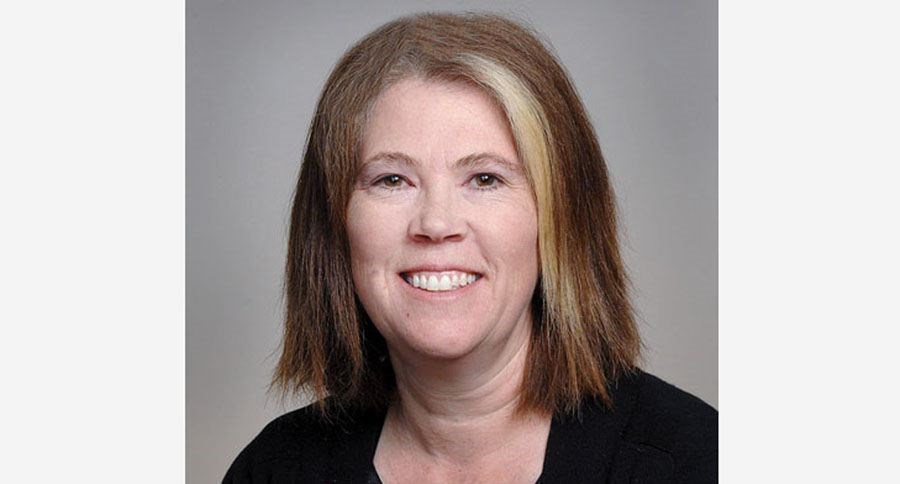It's déjà vu all over again.
When I was a graduate student living in Ontario and contemplating my future I thought that I might like to write a dissertation that looked at the "Quebec question."
I was fascinated by the fact that many Quebeckers believed (as some still believe) that the only way forward was to create a separate state. I had lived through the 1980 referendum and I remember being struck by Rene Levesque's tearful promise: " la prochaine fois." Next time. So I decided to pursue my PhD at the Universit Laval in Quebec City.
In the days leading up to the referendum I was feeling uneasy about the outcome. I had gotten the sense that there was an academic consensus that the voters would say "no" but I was feeling conflicted by the overwhelming number of students who were saying to me that they thought that a separate Quebec would be a better Quebec. So, on the night of Oct. 30, 1995 I was really unsure about where Canada would be on Oct. 31.
Early in the evening it seemed that Canada was on the way to being a divided country and as far as any of the pundits knew there was no strategy in place if a yes vote were to happen.
The night was a nail bitter: 50.6 no to 49.4 yes. In later analysis of the vote there were assertions that 50 per cent plus one would not have been good enough to gain secession but hindsight is 20/20 and we will never know what would have been the outcome of 50.6 yes and 49.4 no.
In a few short days the people of Scotland will head to the polls to answer the same question: "Should Scotland be an independent country?" There has been a long time independence movement in Scotland. According to the BBC: "There is no turnout requirement for this referendum - that means a 'Yes' vote of '50 per cent plus one' would be enough to gain independence."
Just like the Quebec referendum, there have been two vigorous campaigns fighting on either side of the pitched battle.
The "yes" side, as articulated by Alex Salmond says that: "Scotland can [not only] afford to be independent [but that] independence is an essential step if we are to build a better, more prosperous and fairer country."
Furthermore, "an independent Scotland will mean the people who live here and care most about this country will be taking the key decisions about our future."
The no side says, among other things, that: "Being part of the UK means more jobs, keeping the UK pound and more opportunities for young Scots. We benefit from public spending which is over 1,200 higher per person than the rest of the UK. A vote to stay in the UK is therefore a vote to protect Scottish schools and hospitals."
In many ways these arguments reflect the Quebec referendum debate: on one side is the fight to be at the helm of one's own destiny and on the other side is the belief that independence will mean a hit to the economy and less access to a stable currency and market.
So what might turn the tide for either side?
In a study by Richard Nadeau, Pierre Martin and Andre Blais published in the British Journal of Political Science in 1999, the authors point to the importance of "attitudes to risk-taking" as an element of the decision making process in "high stakes" elections or referenda.
The authors found that individuals who are adverse to risk are more likely to be persuaded by catastrophic arguments "although they do weigh the expected cost and benefits, [they] also consider the possibility that things could go terribly wrong."
On the other hand, "risk-acceptant voters decide in a way that conforms to a standard [voting] model." This means that they simply weigh perceived costs and benefits without catastrophizing unknowable outcomes.
It is no wonder that in the days heading into the referendum in Scotland (just like in Quebec in 1995) there is a turn toward the rhetoric of potentially disastrous outcomes that a "yes" vote may produce.
The fact is that we don't know what outcomes may befall an independent Scotland and the point is that (just like in Quebec) this is a risk that some are not willing to take.



